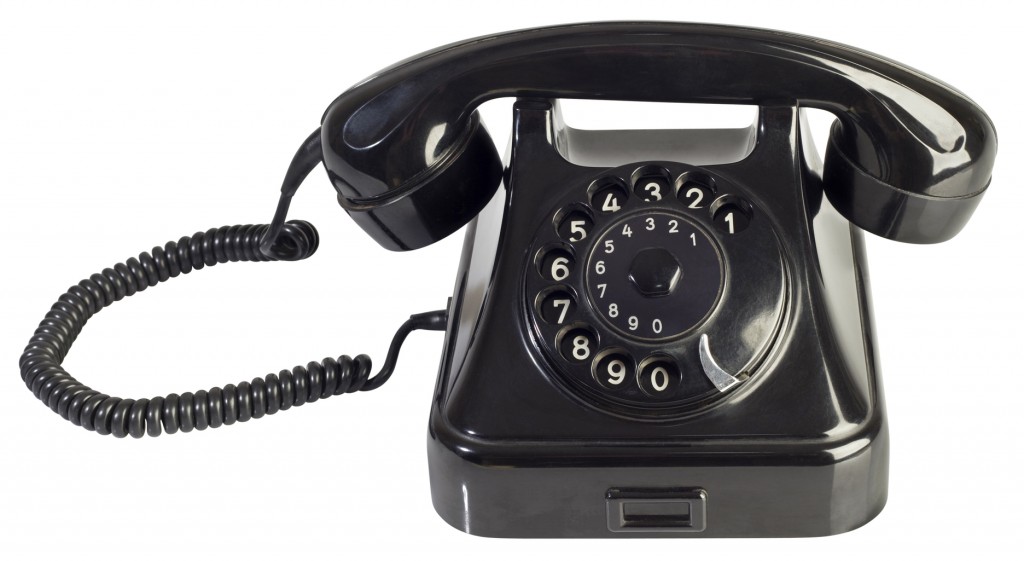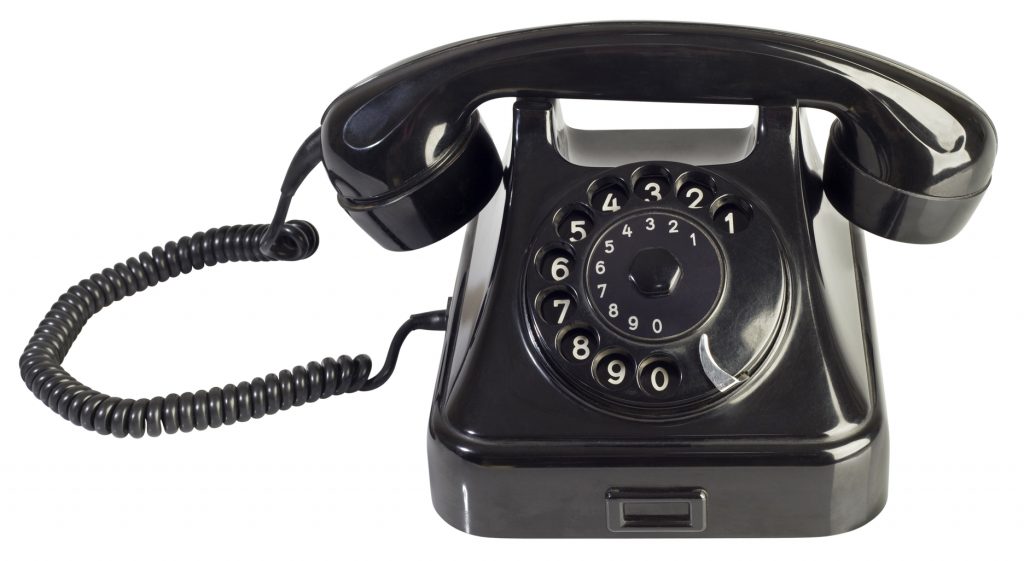It’s more than just saying “hello?” Answering the phone in different countries and in different languages varies quite a bit, and depends on local customs and idioms. Here’s what you would say if you picked up a ringing phone in…

Italian
In Italy, the common greeting is “Pronto.” That translates roughly to “Ready,” as in, “I’m here and can hear you.”
Polish
The Polish greeting is “Tak. Słucham?” The question being asked: “Hello, who is it calling?”
Spanish
In some Spanish-speaking countries, you’d say “¿Diga?” That means “speak,” or “you can go ahead and start talking now.”
Mexico
Mexico is a Spanish-speaking country, but the culture is very different than that of Spain. On the phone, for example, you’d say “bueno.” That literally means “good” in English, but in this context it means something more like “well?”
Japanese
Manners matter in Japanese culture. In terms of telephone usage, that means there are a number of different greetings to use, depending on the situation. Almost all of the time, the go-to phrase is “moshi moshi,” an informal form of hello used for friends and family. But why? It goes back to Japanese folklore: evil, shapeshifting foxes called Kitsune can pretend to be humans and come into your home. However, Kitsune can’t fully speak, so if you say “mushi mushi” to them, they can’t respond, and their ruse is discovered. (For an expected business call, a more formal “hai” is preferred. It means “yes?” but is pronounced “hi,” which is a very informal way of answering the phone in English-speaking countries.)
German
It’s quite formal in Germany. The proper way to answer a phone call is to say one’s last name, and follow it with “guten tag,” which is “hello.”
Tamil
Tamil is a major language in southern India. Phones there are answered with “Sollunga,” roughly “tell me.”
Dutch
If you were in the Netherlands, you’d answer “Met,” and then say your first name. That literally means “With [your name],” but it essentially means “[Name] here, speak please!”
Serbian
The greeting in Serbia is very leading: “Da, molim” translates to “yes, please.”








